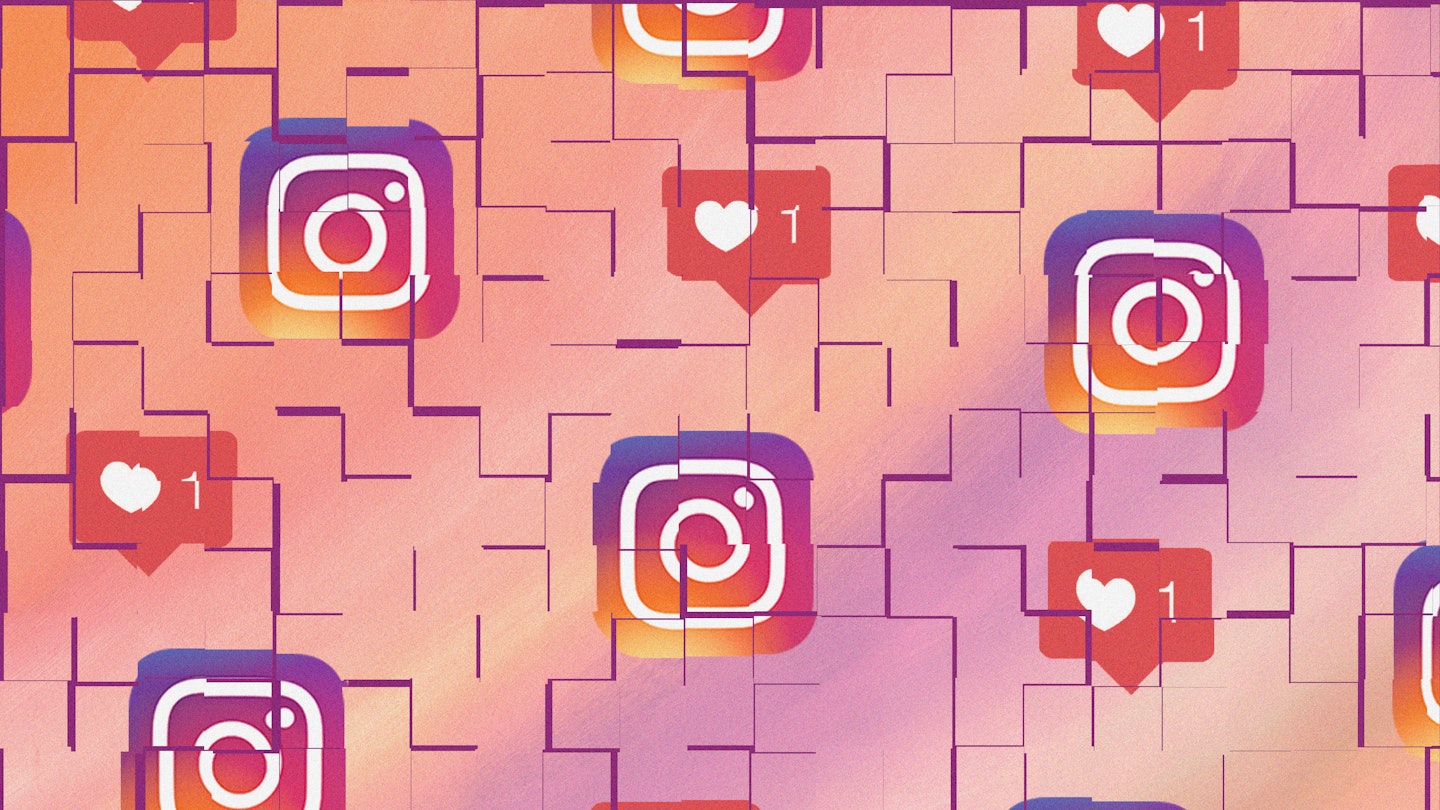I spend a lot of time thinking about my right thumb. Weird, yes, but bear with me. I wonder about whether my abductor pollicis brevis, as Google tells me this particular muscle is called, is strong enough. I think about whether or not it’ll withstand the hours I regularly spend double tapping my way through an app I so desperately want to feel connected to, yet also hold a deep resentment for. I often think about whether or not my poor right thumb is built to withstand Instagram.
Then again, are any of us really built for it at all? There’s almost too much research to suggest maybe not. Beyond the physically obvious demands on our time (and RSI vulnerable thumbs) we’re characteristically aware of the strain that Instagram puts on our mental health. And perhaps that's the bit I don’t think about that nearly enough.
This knowledge of how Instagram affects our emotional wellbeing, becomes a double-edged sword if we consider it alongside the fact that, despite the numerous cautions and academically researched warnings, we’re still right there, not-so absentmindedly scrolling away and feeling fulfilled by process.
Whenever I have a picture to share, my finger tends to hover over the ‘post’ button for roughly 15 seconds. I’ll then expand the thumbnail to re-examine the image I’d momentarily deemed worthy of the Instagram pool of gloriously enviable content, before hovering a little while longer.
WATCH: How Many Hours Do You Spend On Social Media?
I’ll insert and swiftly delete a comma from my sub-par caption. I’ll go back and edit the image a bit more, needlessly edging the ‘brightness’ slider an invisible smidge to the left and then decrease the ‘sharpness’ for no reason at all. After that I’ll hesitantly make my return to the ‘share’ screen and that’s when the lump in my throat starts to form.
It’s then that I’ll start to feel inexplicably sick; as my thumb cautiously returns to the ‘post’ button and accidentally clicks it before I’m emotionally ready to release a selfie into the world. For the next five minutes it’s a familiar, cyclical internal monologue of self-criticism and questioning. Will anyone like it? What if I come across as really vain? It’s a shit picture. No one’s going to like it. You should delete it before anyone sees it.
‘But I haven’t posted anything in ages’, I tell myself in a futile attempt at rationalising this tiresome act that has essentially become an obligation now. It’s ironic because generally, I quite like Instagram. At least, I think I do. The nature of my job also means that my presence on social media is probably a bit too closely aligned to my work. It’s all part of a process and it’s a process that should be fun. Nevertheless, the five minutes after posting anything are often followed by desperately refreshing my notification feed every few seconds half hoping and half fearing that someone will throw a pity 'like' my way.
It’s all very tragic, I know. But I can’t for the life of me work out why I keep doing it, knowing that Instagram and I will dance this stressful little dance each and every time I go to post something to my feed. Am I there for the gratification? Is it to feel connected to the rest of the world who appear to be living the glossy, glamourous lives that are worlds away from our realities? Or is it to replace interaction with the people we’re surrounded by in real life?
'We are affiliative animals at the end of the day; group affiliation and sharing is very much in our DNA', Dr Lisa Orban, aclinical psychologist and personal brand consultant, tells me. 'So of course apps like Instagram is as popular as it is. Social media sites were created to help people connect with each other, which is often the reasoning behind posting everything from a new hairstyle to graduation photos.'
While it's not something that many of us would ever admit to, there is also the appeal of external gratification. 'Every like, share and positive comment is a boost to confidence, and this works to fuel the desire for more posts', Dr Orban says. 'Humans are social animals, driven by the need for connection and social validation. We want to be valued, appreciated, rallied on, and included in the groups that matter to us. Sharing things such as health goals for example can be helpful for motivation and encouraging online support.'
'It becomes a slippery slope, however, when a person's sense of self-worth becomes contingent on the types of comments or number of "likes”'.
It's widely known that getting a 'like' on social media produces dopamine in the same way that our brain rewards pleasure inducing – and addictive – experiences like drinking, smoking and taking drugs, which is what keeps calling us back to post more selfies, food shots and smug holiday pictures. But not knowing whether or not we'll get something in return is probably what makes our dependency on our phones for validation even more stressful.
READ MORE: The Debrief Investigates Hormonal Contraception and Mental Health
Debrief Mad About The Pill Stats
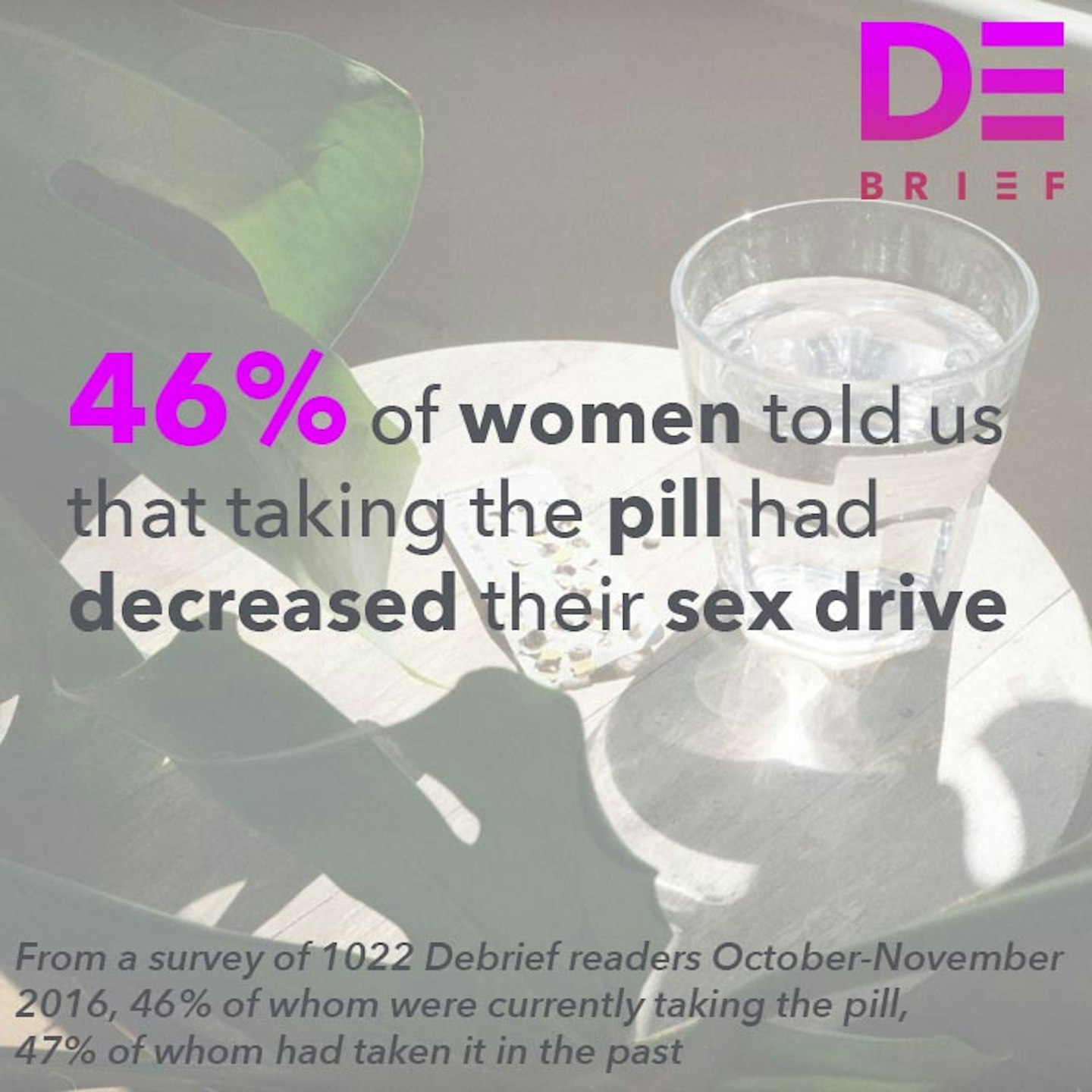 1 of 9
1 of 9Debrief Mad About The Pill Stats
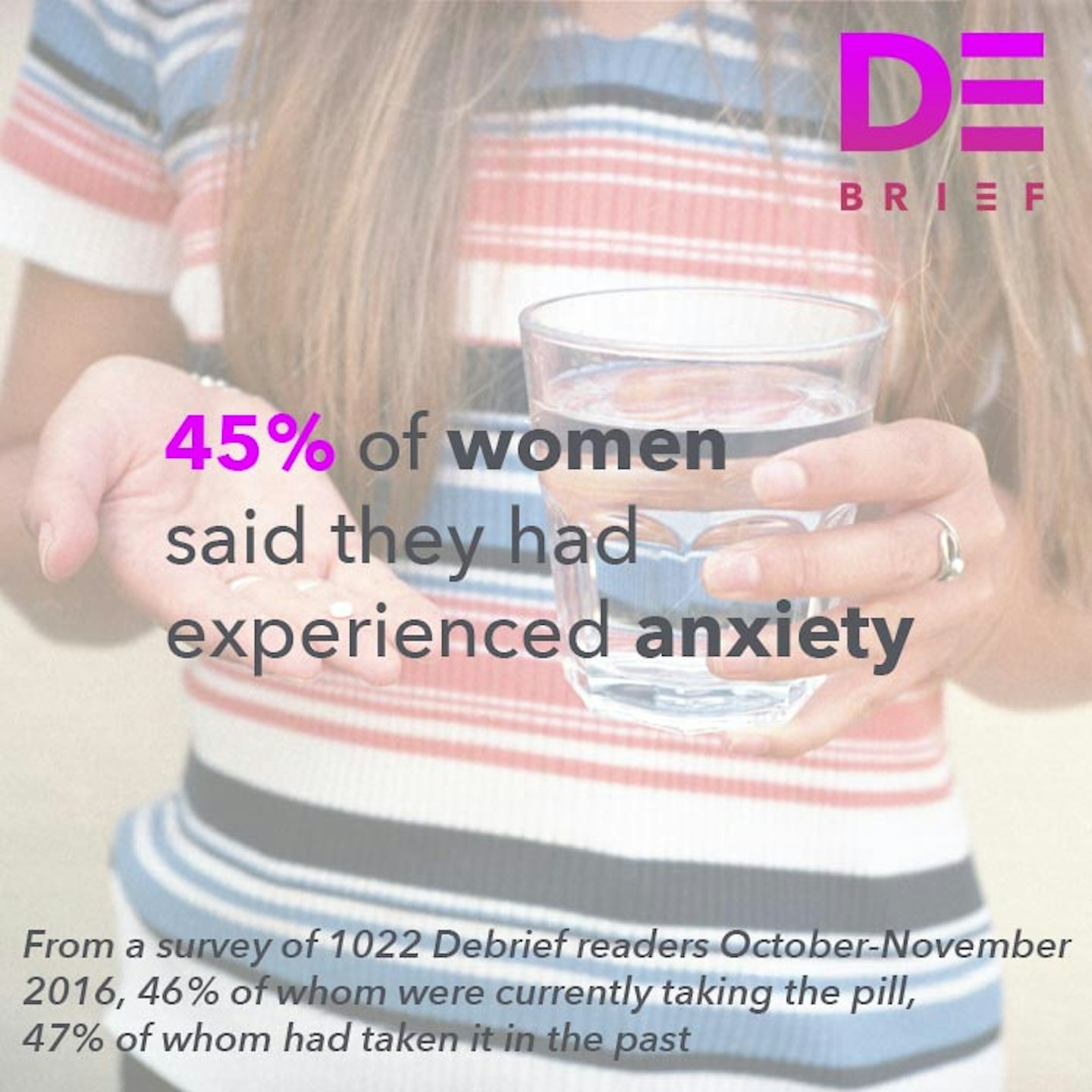 2 of 9
2 of 9Debrief Mad About The Pill Stats
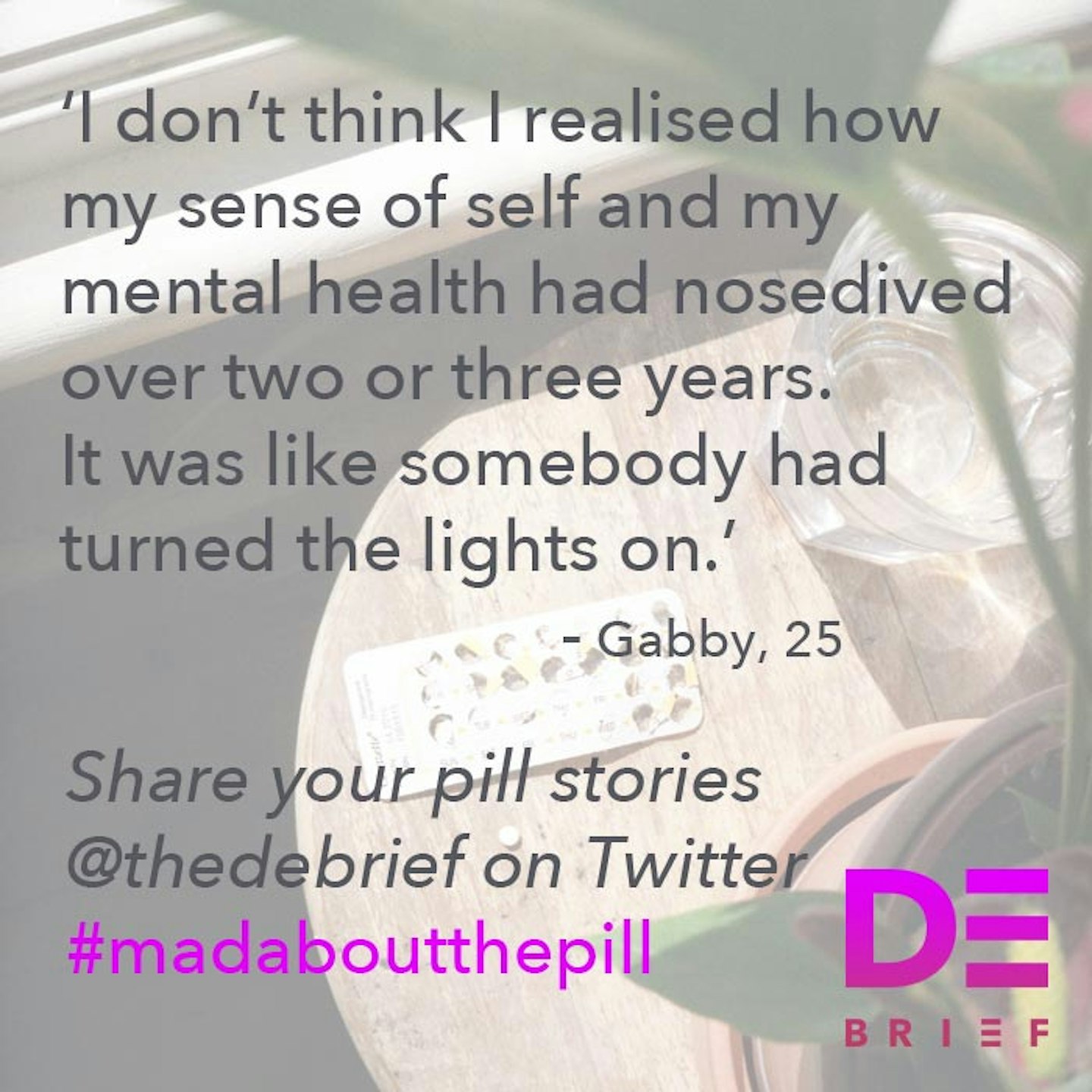 3 of 9
3 of 9Debrief Mad About The Pill Stats
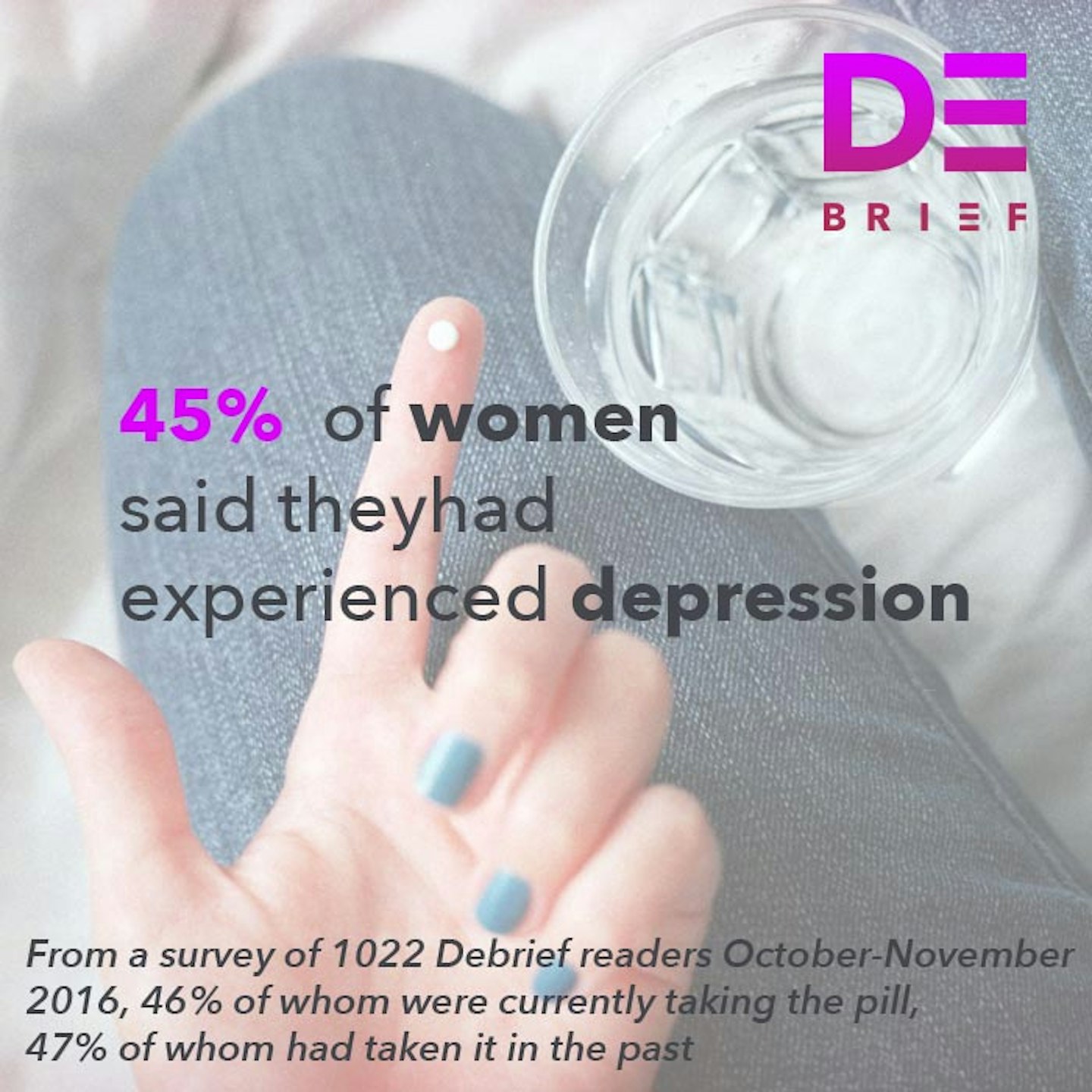 4 of 9
4 of 9Debrief Mad About The Pill Stats
 5 of 9
5 of 9Debrief Mad About The Pill Stats
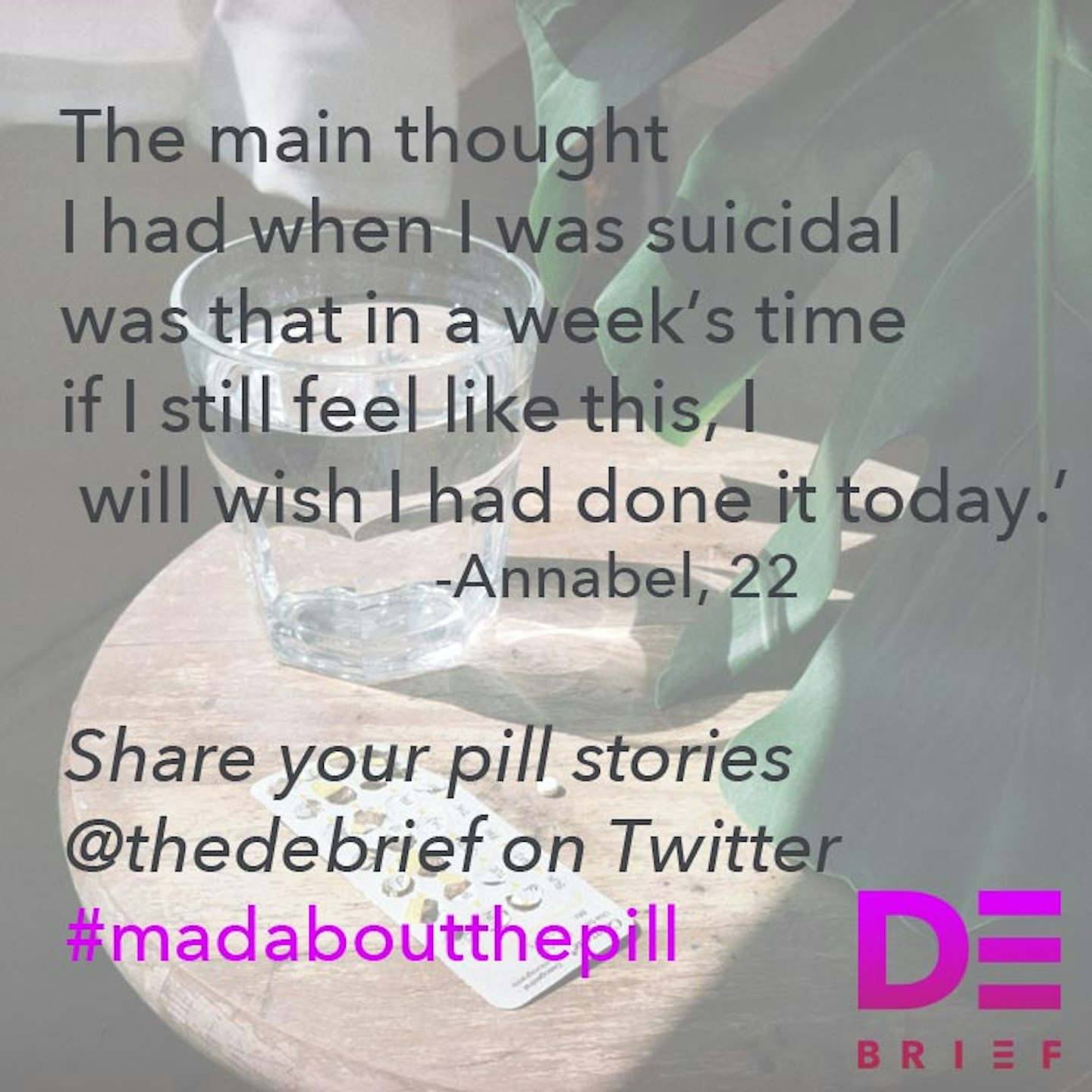 6 of 9
6 of 9Debrief Mad About The Pill Stats
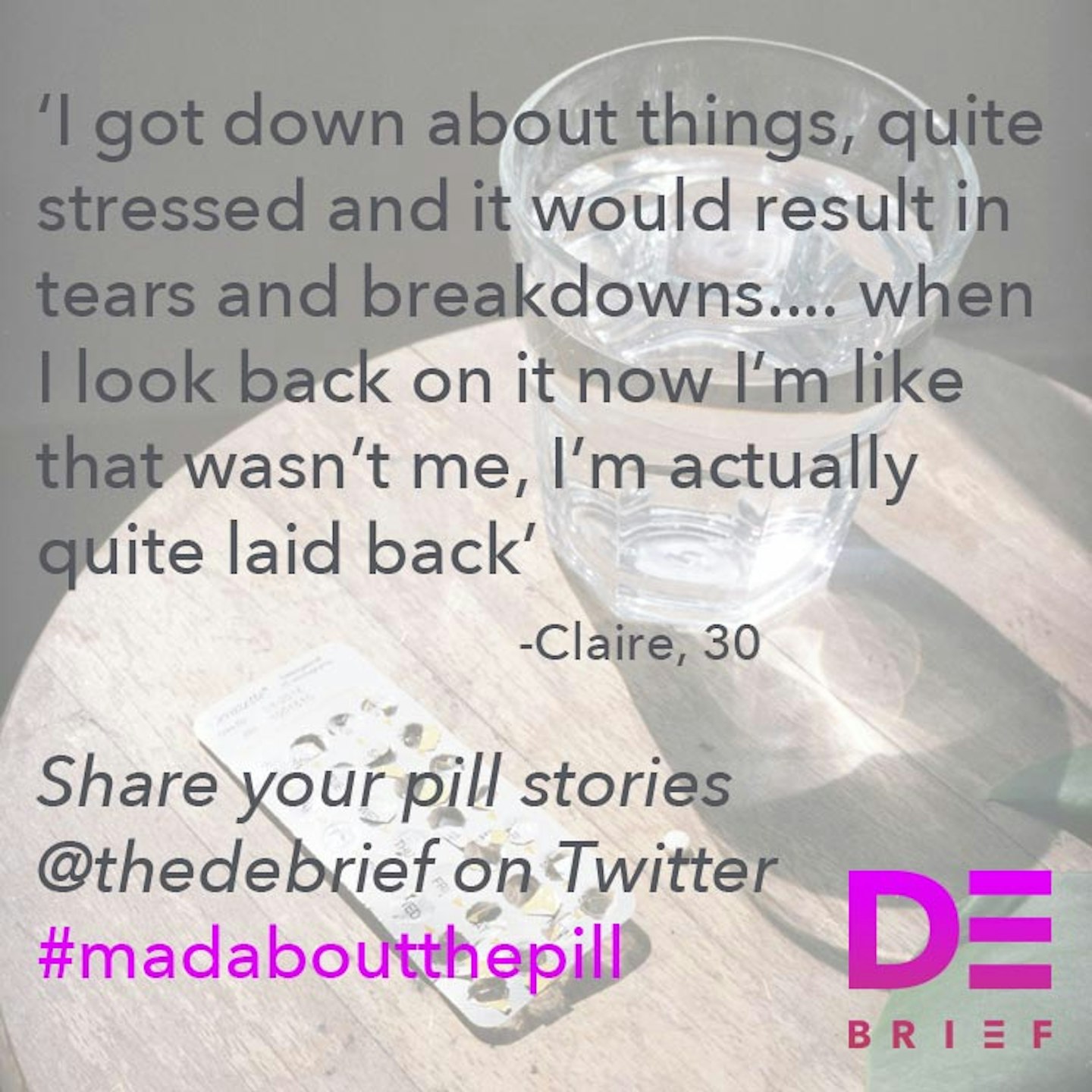 7 of 9
7 of 9Debrief Mad About The Pill Stats
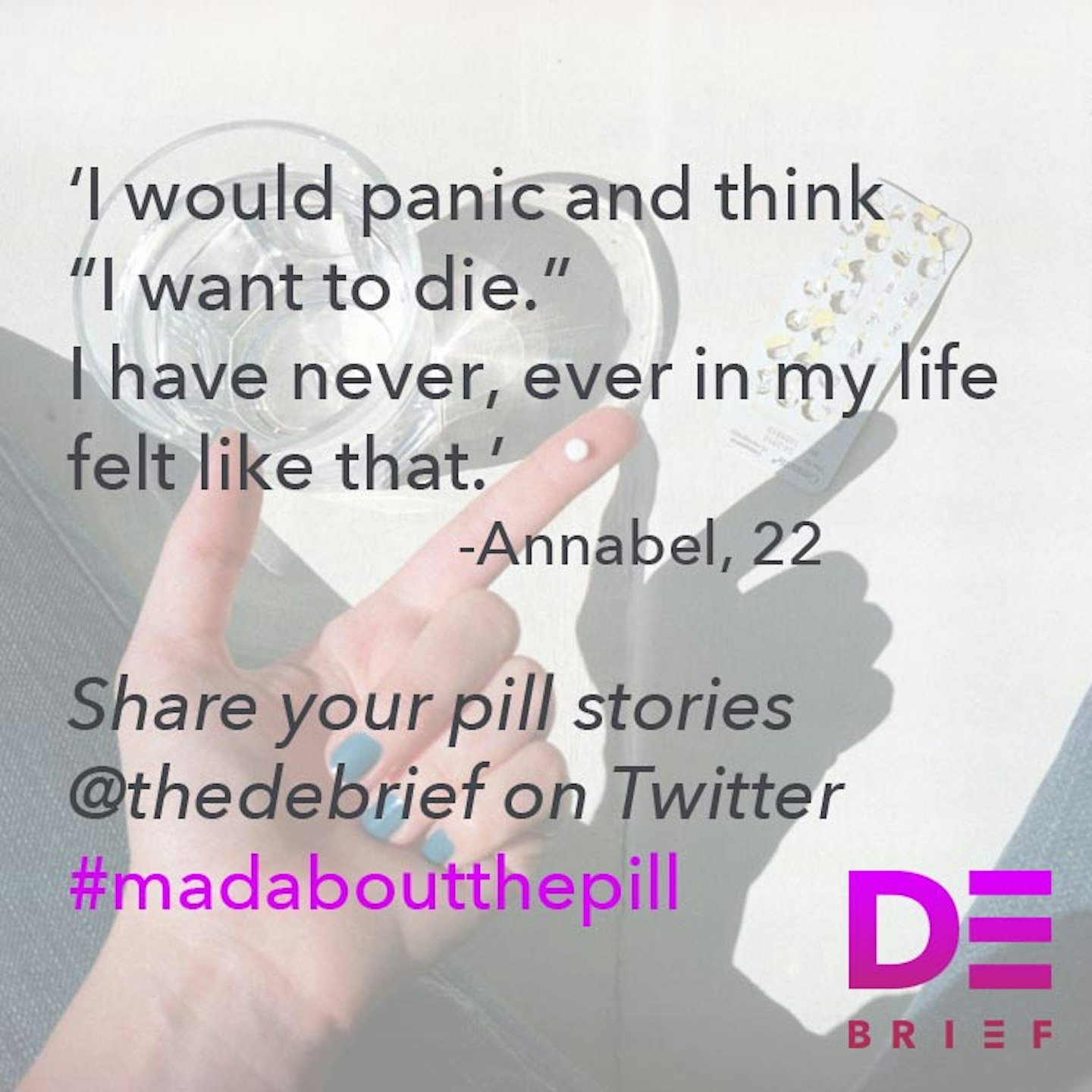 8 of 9
8 of 9Debrief Mad About The Pill Stats
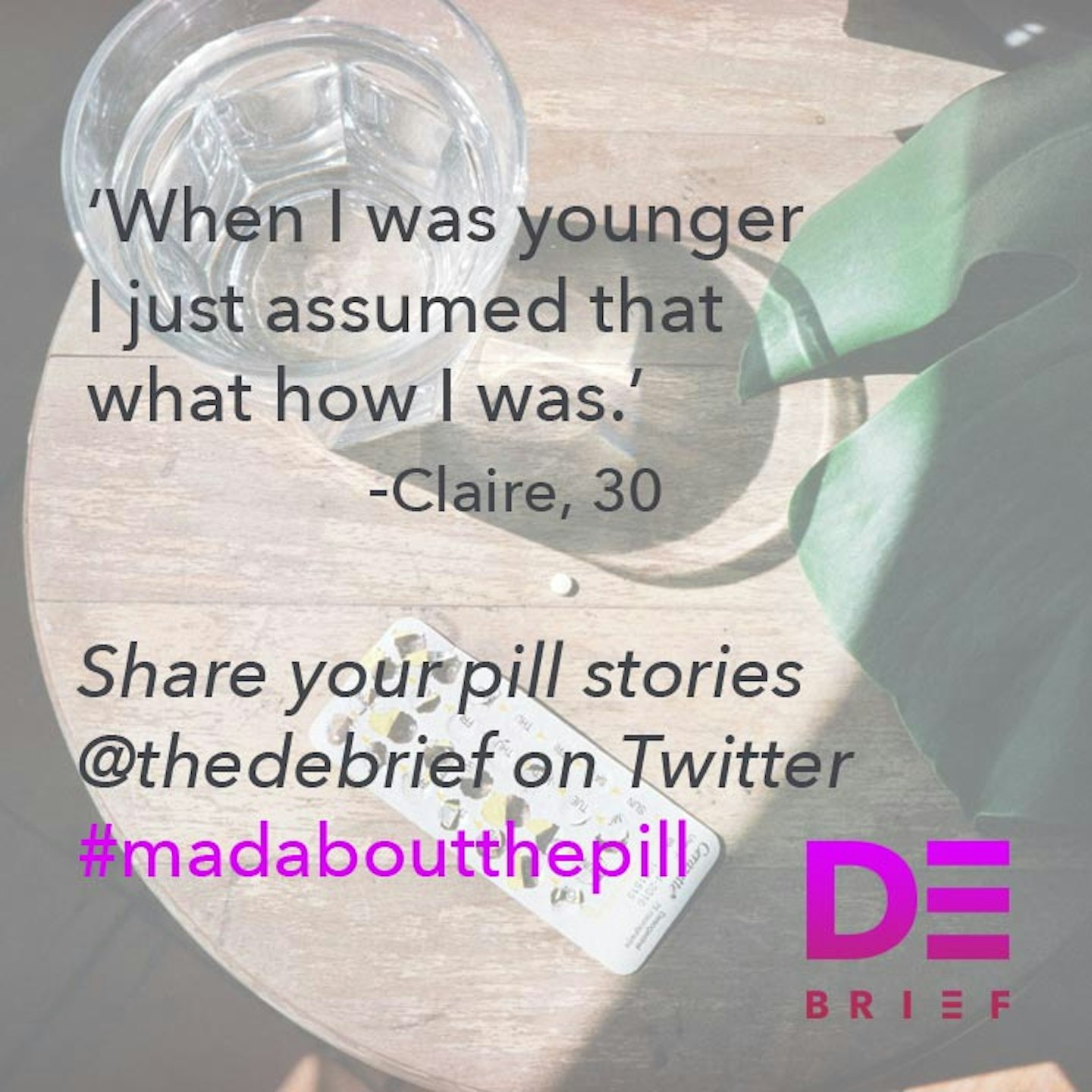 9 of 9
9 of 9Debrief Mad About The Pill Stats
It seems as though we expect instantaneous responses (and by extension, gratification) from technology these days. On some level want to be notified, we want to interact and we want to feel like the platforms we use are a two-way street. But it’s quite easy to forget that what you upload to Instagram doesn’t automatically mean that the app is going to reciprocate by giving you the same attention back. Which might be why those (infrequent) likes carry so much currency - they confirm that there's something, or someone at the other end of the phone, so to speak.
The bit we're too quick to forget with things like social media in particular, though, is that despite the careful curation of painstakingly perfect pictures, once we post them, there's very little that's left in our control. And that's pretty frightening.
Dr Orban explains: 'Once you put something out there, whether it’s an opinion, artwork or a selfie, you relinquish some control, which can understandably lead to feelings of vulnerability. It is impossible to completely control the perceptions that others have of us, as it is so subjective. Negative comments and criticism can be very hard to deal with. Accept that you’ll never fully know how other people see you. You can only work on putting yourself forward in the right way.' And with Instagram being such an image-first platform, evidently that's pretty difficult to do.
So, what's the answer? Last year research by the University of Pittsburgh Schools of The Health Sciences found that when it comes to loneliness, social media doesn't fill the void but rather exacerbates it. 'The more time a young adult uses social media, the more likely they are to feel socially isolated', it said. Perhaps the same can be said for my pre-existing anxieties.
Deep down I happen to care what people think of me. I shouldn't, but like many of us, I bear that weight heavier than I'd like to admit. And the conflicting fear of vulnerability and subconscious quest for validation are both at play every time I go to post a seemingly innocent Instagram selfie, is it any wonder that I'm so hesitant to hit 'post' without thinking it through? Perhaps my cautious thumbs will develop the necessary muscle to withstand the incessant swiping and tapping, but it seems it's going to take a little more than repetition and practice to come to terms with the emotional whiplash that the world's most loved social media platform never ceases to give me.
**Follow Jazmin on Instagram **@JazKopotsha
This article originally appeared on The Debrief.
